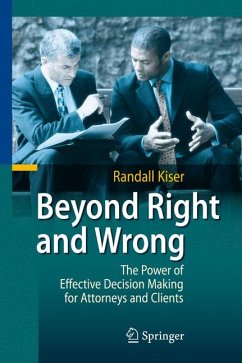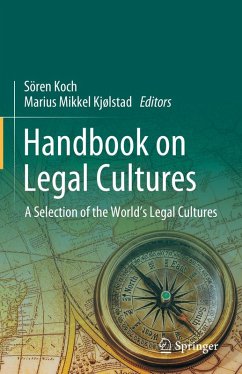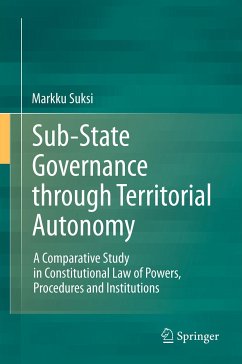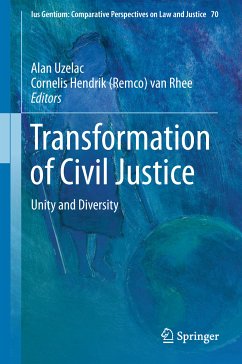
Beyond Right and Wrong (eBook, PDF)
The Power of Effective Decision Making for Attorneys and Clients
Versandkostenfrei!
Sofort per Download lieferbar
72,95 €
inkl. MwSt.
Weitere Ausgaben:

PAYBACK Punkte
36 °P sammeln!
Let us endeavor to see things as they are, and then enquire whether we ought to complain. Whether to see life as it is, will give us much consolation, I know not; but the consolation which is drawn from truth if any there be, is solid and durable: that which may be derived from errour, must be, like its original, fallacious and fugitive. Samuel Johnson, Letter to Bennet Langton (1758) Attorneys and clients make hundreds of decisions in every litigation case. From initially deciding which attorney to retain to deciding which witnesses to call at trial, from deciding whether to ?le a complaint t...
Let us endeavor to see things as they are, and then enquire whether we ought to complain. Whether to see life as it is, will give us much consolation, I know not; but the consolation which is drawn from truth if any there be, is solid and durable: that which may be derived from errour, must be, like its original, fallacious and fugitive. Samuel Johnson, Letter to Bennet Langton (1758) Attorneys and clients make hundreds of decisions in every litigation case. From initially deciding which attorney to retain to deciding which witnesses to call at trial, from deciding whether to ?le a complaint to deciding whether to appeal a verdict, attorneys and clients make multiple, critical decisions about strategies, costs, arguments, valuations, evidence and negotiations. Once made, these de- sions are scrutinized by an opponent intent on exploiting the consequences of any mistake. In this intense and adversarial arena, decision-making errors often are transparent, irreversible and dispositive, wielding the power to bankrupt clients and dissolve law ?rms. Although attorneys and clients may regard sound decision making as incidental to effective lawyering, sound decision making actually is the essence of effective lawyering. An attorney's knowledge, intelligence and experience are inert re- urces until the attorney decides how to deploy those skills to serve the client's interests. Those decisions, in turn, largely determine a case's course and outcome.
Dieser Download kann aus rechtlichen Gründen nur mit Rechnungsadresse in A, B, BG, CY, CZ, D, DK, EW, E, FIN, F, GR, HR, H, IRL, I, LT, L, LR, M, NL, PL, P, R, S, SLO, SK ausgeliefert werden.













